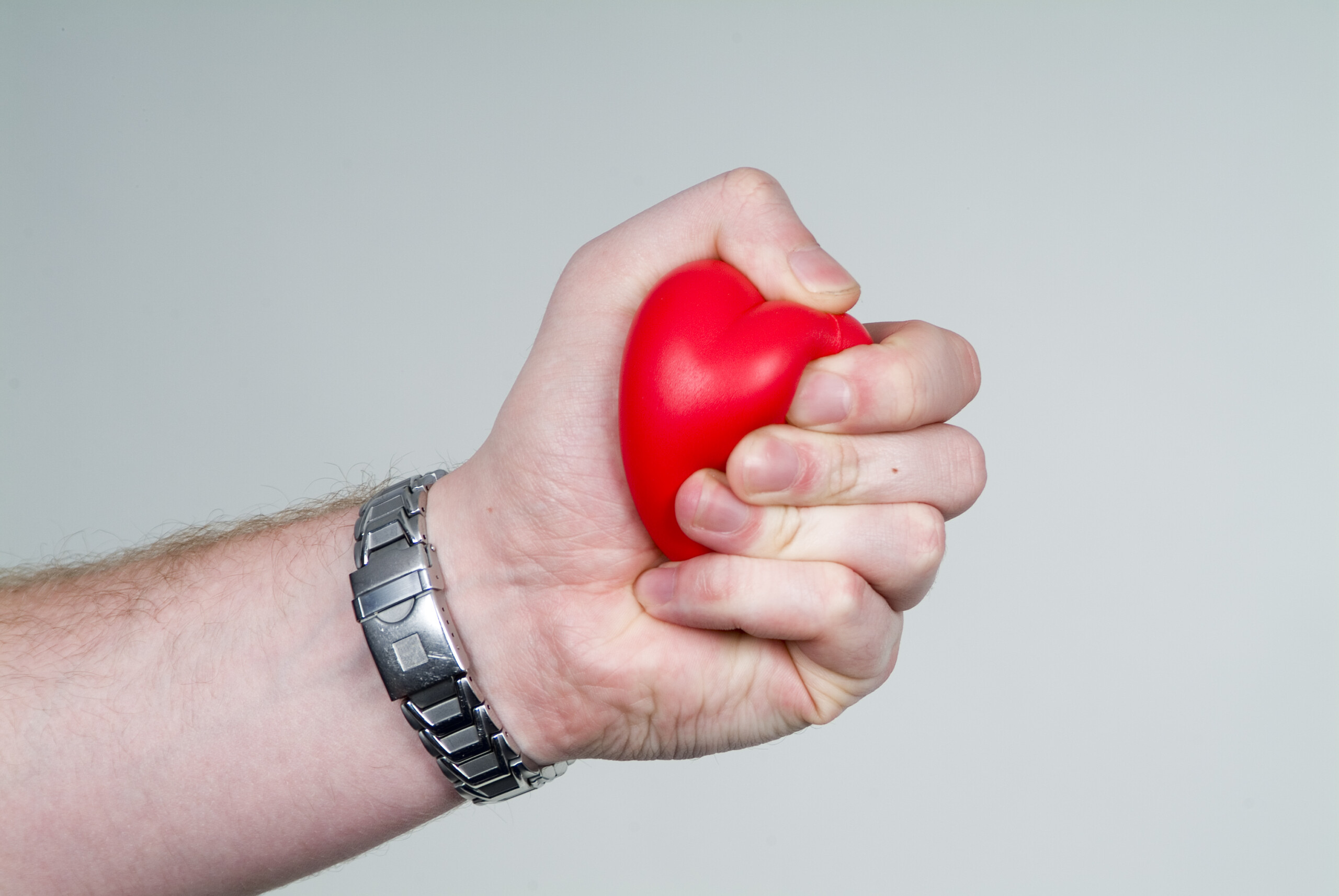Sources of stress vary from person to person and any and every source can impact on an athlete’s performance. The stimulation of stress in an individual depends on how they view the situation. How a person views the situation is affected by a variety of factors.
An athlete’s past experience can make a particular situation more stressful for them than it would be for another. For example, an athlete who injured themselves during a gymnastic performance, will have more stress when they perform the same routine after rehabilitation than someone who had never injured themselves doing the routine.
The support provided for the athlete or that exists around the athlete will also affect their levels of stress. For example, if the athlete is a single mother with little support for the care of her children and general home life, she will be more stressed than a similar athlete who has a supportive family to help with the care of children and home life.
Expectations can also be a source of stress for the athlete. Athlete’s who have performed well int he past then have greater expectation put upon them for future performances. Athlete’s are affected by this and have more stress than an athlete who is not expected to do well. This is particularly stressful in countries where sport is highly valued. For example, the Australian cricket team is frequently expected to do well, placing more pressure upon them and increasing the stress upon key athletes, such as the captain. This can lead to a decrease in performance.
Stress is more likely to develop when the athlete is under pressure, whether this pressure be from themselves, competition, fans, coaches, or simply from their body. Stress causes the body to produce adrenaline which: increases blood supply to skeletal muscles, increases breathing and blood glucose levels, as well as stimulating sweat production.
People who are more confident, have a positive outlook on life, and have a can do attitude deal with stress and anxiety better than others. All athletes experience stress and anxiety, though the sources of this stress may vary, and they benefit from using methods to cope with it. These include: relaxation techniques, mental rehearsal, visualisation, and developing concentration skills.

